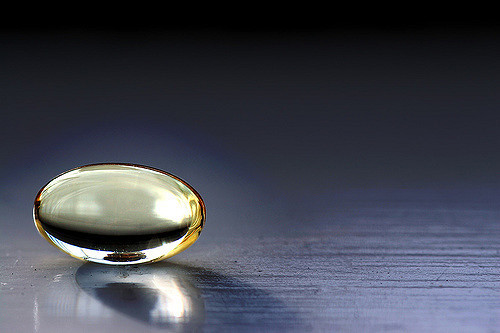In my last article, I discussed some of the common uses for vitamins A, D, E, and K, collectively known as the fat-soluble vitamins because of their unique ability to be stored in bodily fat cells while water-soluble vitamins are excreted. Poor nutrition can lead to an array of these deficiencies that may require supplemental treatment.
Of the four fat-soluble vitamins, vitamin D deficiency is easily the most common. For example, extremely limited sun exposure or minimal dairy intake may lead to low vitamin D levels. The easiest way to check for this deficiency is through a simple blood test, and correcting the problem is typically as simple as a doctor’s recommendation for a supplement in addition to the normal diet.
Deficiencies of the other three fat-soluble vitamins vary. Vitamin A deficiency (VAD) is a notable issue in developing countries where adequate dietary intake is unlikely. In children, it may cause visual impairment and increase the risk of death from severe illnesses. In pregnant women, VAD leads to night blindness and possible maternal mortality. Lack of sufficient vitamin E is relatively rare, usually only caused by an inherited disorder called abetalipoproteinemia, because healthy individuals can absorb enough naturally. Vitamin K deficiency is also uncommon, as most people get enough from their dietary consumption of leafy greens and meat products.
Image Source: Geri Lavrov
However, because of their storage property, fat-soluble vitamins are a double-edged sword. In some cases, taking additional supplements of these particular vitamins can actually cause more harm than good, culminating in a condition referred to as hypervitaminosis. For example, some symptoms of too much vitamin A include blurred vision, dizziness, headache, nausea, and vomiting. Excess vitamin D can cause a buildup of calcium, known as hypercalcemia, which may lead to kidney stone formation. Hypervitaminoses E and K can lead to hemorrhaging and interfere with blood clotting, respectively.
As with many things in life, vitamin intake requires careful balance. In the case of the fat-soluble vitamins specifically, supplemental additions to the diet may be necessary to combat a deficiency, but they should always be discussed with a health professional to avoid toxicity from overconsumption.
Feature Image Source: Vitamin E by Frédéric Poirot










